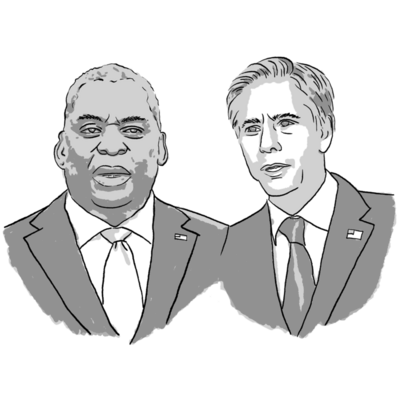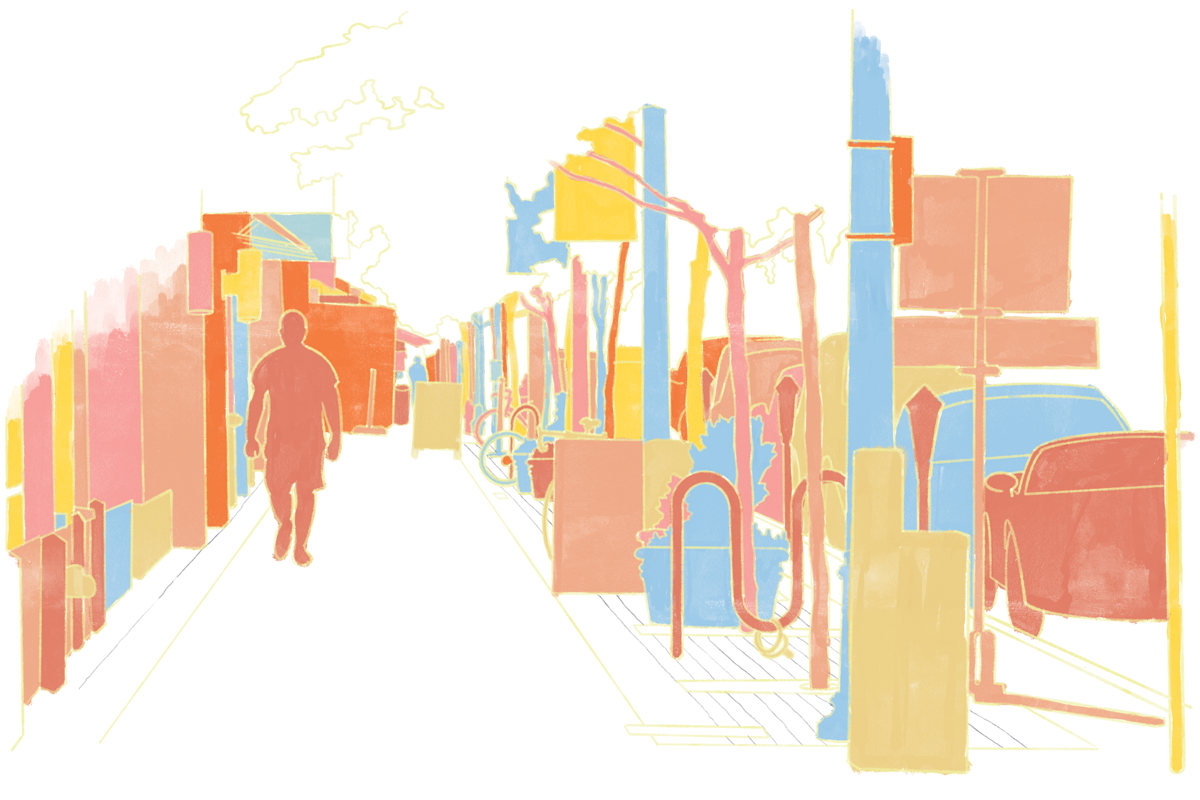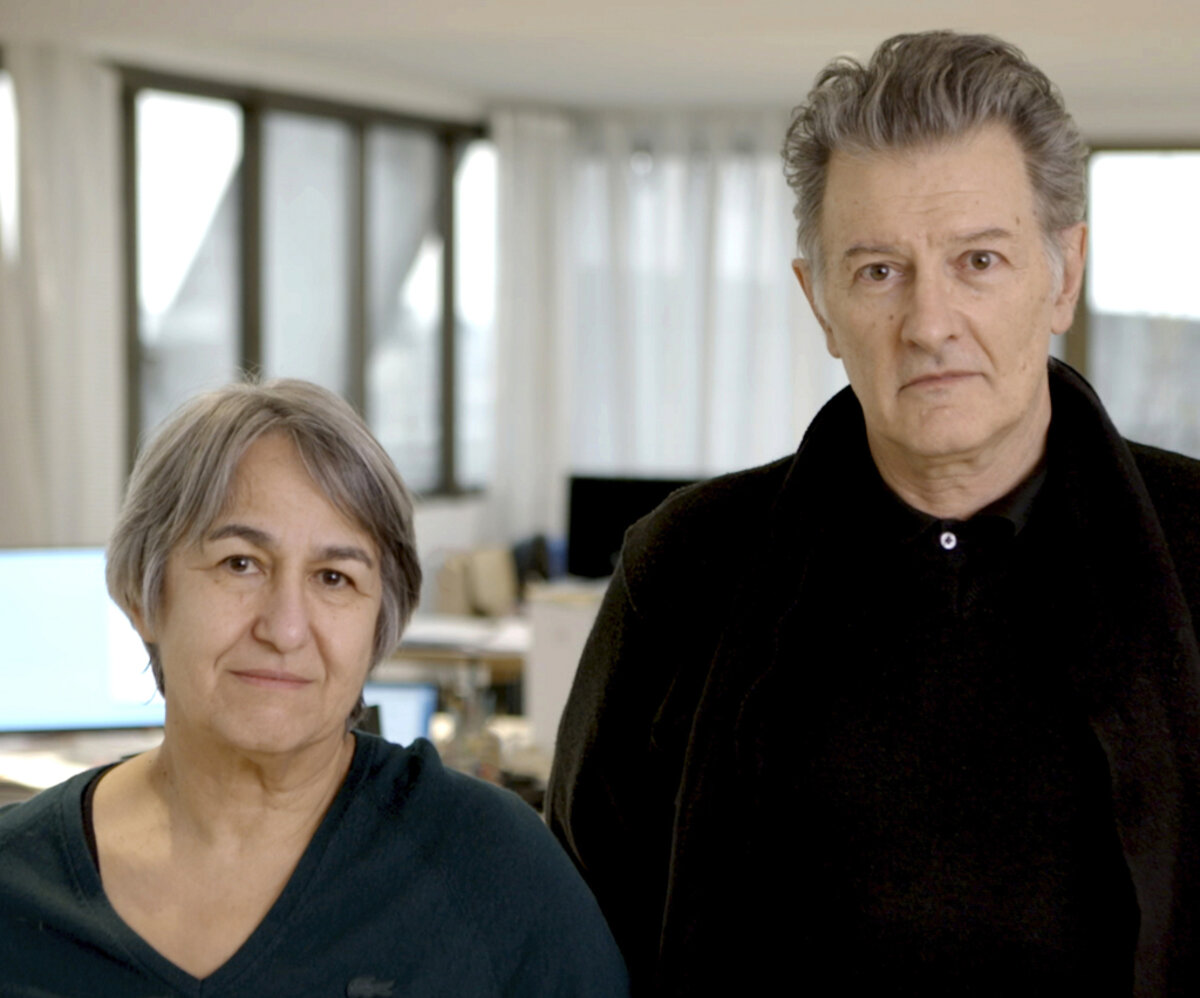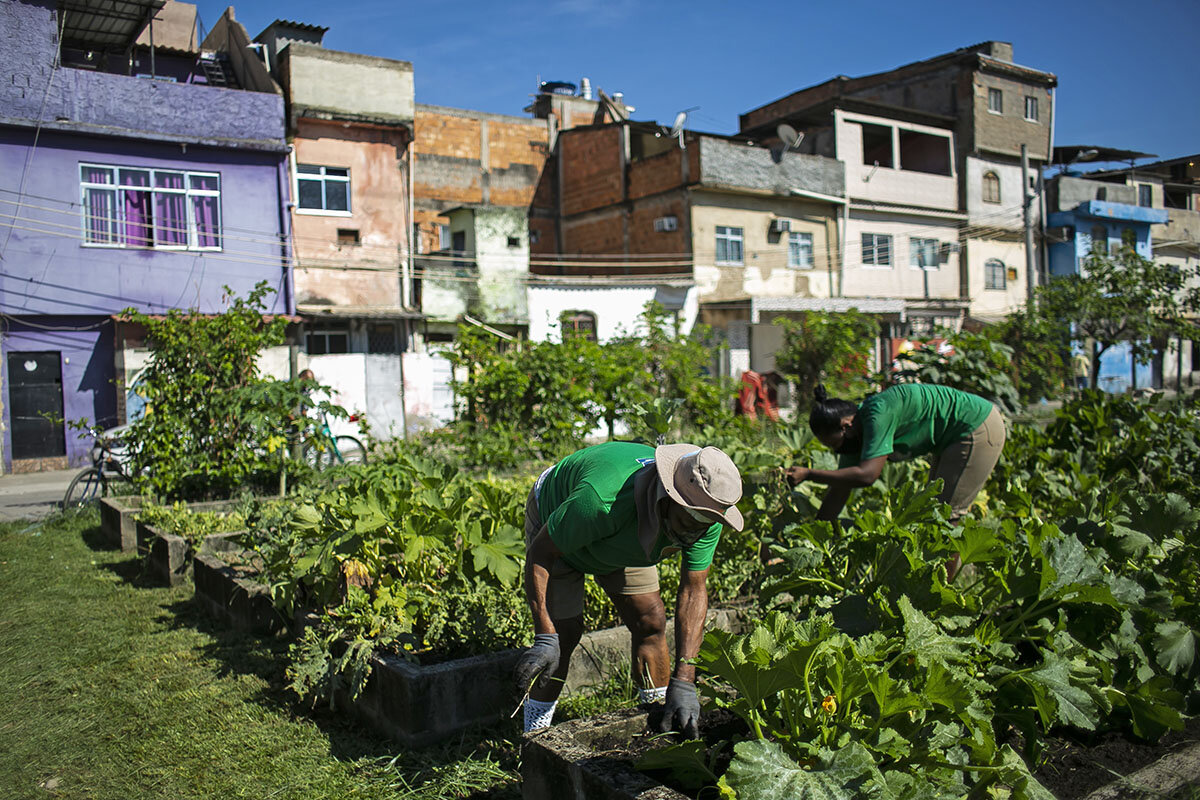Talk of alliances and democratic values makes for inspiring rhetoric. But can the Biden administration’s new foreign policy stand up to the rigors of strategic competition with China?
Monitor Daily Podcast
- Follow us:
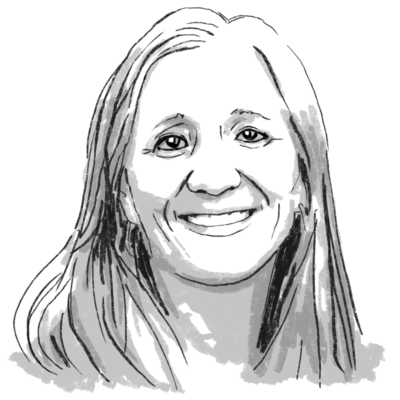 Kim Campbell
Kim Campbell
What will education look like in another year? Another five years?
If it seems too soon to be asking, consider this: The Colorado district I live in announced this week that instead of closing for a snow day following a blizzardy weekend, students would work remotely.
While not everyone with a sled and mittens might agree with that approach, it demonstrates the expanded thinking around the delivery of learning the past year has brought.
The Monitor has been exploring that new thinking with a group of journalists brought together and funded by the Solutions Journalism Network. Our reporting collaboration, “Learning From Lockdown,” debuts today and includes what we’re sharing in this Daily (on tutoring) and in tomorrow’s (on remote learning’s legacy).
Researchers and advocates see an immediate opportunity to think about what could change in education. Today’s story, for example, suggests that tutoring could not only get students back on track from pandemic learning loss, but also potentially make everyone a teacher or a learner. Understanding the link between knowledge acquisition and human interaction is essential to any forward-looking vision. As a former teacher, I can confirm that learning is strengthened by relationships.
“As we think about tutoring, it’s not just about accelerating academic performance,” says AJ Gutierrez, co-founder of Saga Education, a tutoring nonprofit featured in the story. “As a district, there is a lot of benefit from infusing schools and communities with human capital.”
Will that be achieved through online platforms? Or a national tutoring corps? Let’s see what a year brings.






